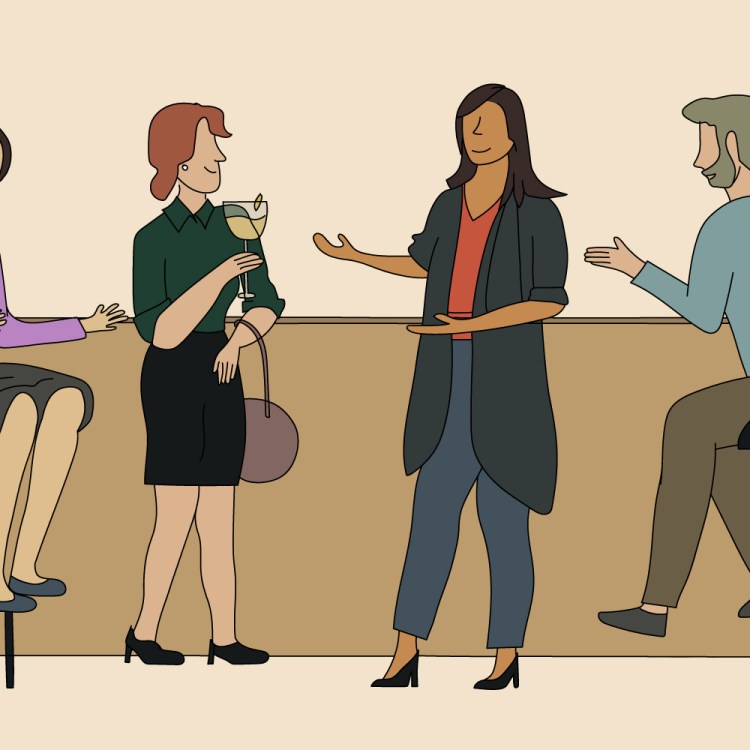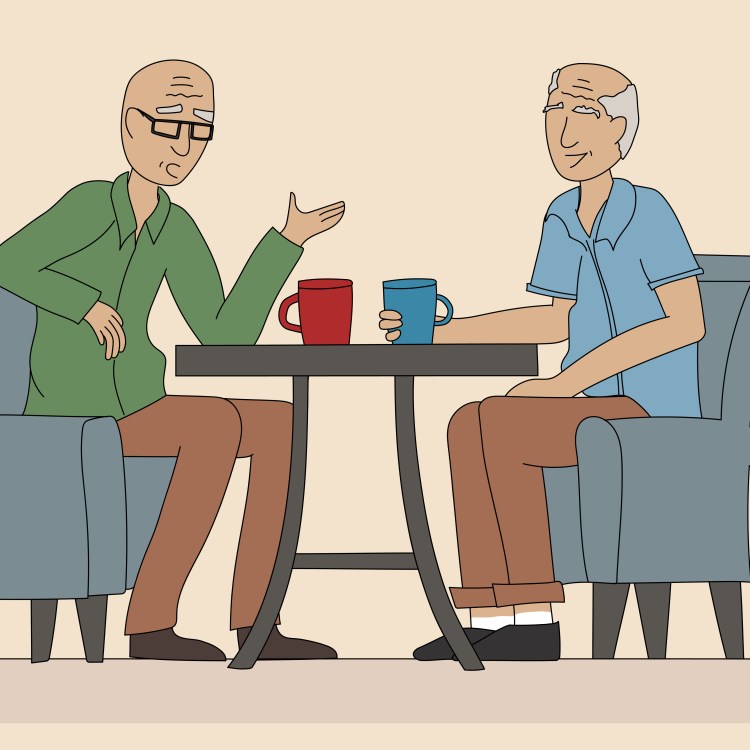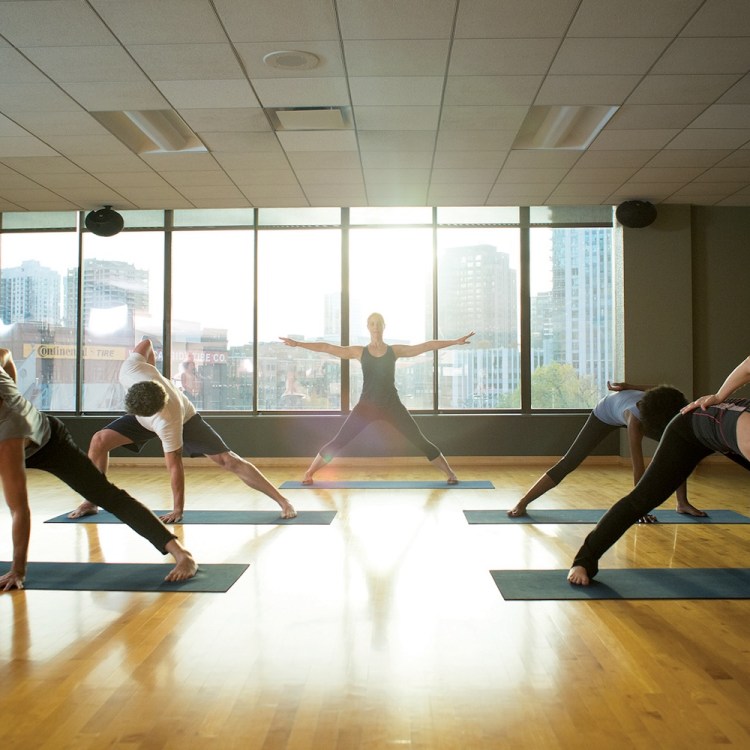According to an intrepid study published by Swedish researchers in Frontiers in Psychiatry, dedication to physical activity can drastically decrease your risk of developing clinical anxiety as you age.
Scientists at Lund University assessed the long-term mental health of 200,000 different Swedes, focusing specifically on those who’d raced Vasaloppet, an iconic, 56-mile cross country skiing event that attracts thousands of competitors each year. It just turned 100, by the way.
Because Vasaloppet is a grueling race that necessitates consistent training, its participants are a convenient proxy for poking into the lives of physically active people. Plus, as the race mostly contains Swedes, its names can easily be cross-referenced with data from the Swedish national registry of patients, which keeps track of diagnoses of clinical anxiety disorder over multi-decade periods.
The researchers compiled this information, then did the same for a pool of roughly 200,000 randomly-selected inactive Swedes. The findings were pretty clear: “Skiers had a significantly lower risk of developing anxiety during the follow-up compared to non-skiers.” Up to 20 years after their race, at which point some of them had had surely cut back on cardio, they were still leading calmer lives. One of the lead authors, Dr. Lena Brundin, says: “The link between exercise and reduced anxiety is strong.”
There was one not-so-great finding from the study, though. Vasaloppet’s best female finishers — while still less anxious than their inactive peers — were more likely to develop anxiety disorders than other racers. Why is that? Scientifically, that’s unclear. But we can hazard some guesses. It’s possible that the drive to compete has deleterious impact on mental health, which is a theme we’ve seen play out consistently at the highest levels of professional sports.
Why aren’t the top male finishers experiencing the same anxiety? Well, while Vasaloppet is an excellent resource for sourcing healthy people en masse, it’s an imperfect institution. Women were banned from racing from 1924 to 1980. (In 1978, two women actually competed while disguised as men.) Even once they were officially allowed to race again, they weren’t allowed to qualify for awards until 1997.
The sample size for the Frontiers in Psychiatry study included about 38% women, which shows A) female racers are still underrepresented at the event, and B) those who do race might feel extra pressure to prove that they deserve to. It’s possible this could suck some of the mental health benefits away from the activity. It isn’t just cardio, after all.
That said, the findings of this study confirm that finding a consistent cardio routine in your life is the least arduous or inexpensive solution to fortifying your mental health for the next 20 years. And it doesn’t have to be anything overly impressive, either. Dr. Brundin says: “It is not necessary to complete extreme exercise to achieve the beneficial effects on anxiety.” Just go for one 30-minute walk, every single day. It snowed? All the better. Get out there and get moving. Your brain will pay you back in kind.
Whether you’re looking to get into shape, or just get out of a funk, The Charge has got you covered. Sign up for our new wellness newsletter today.

















